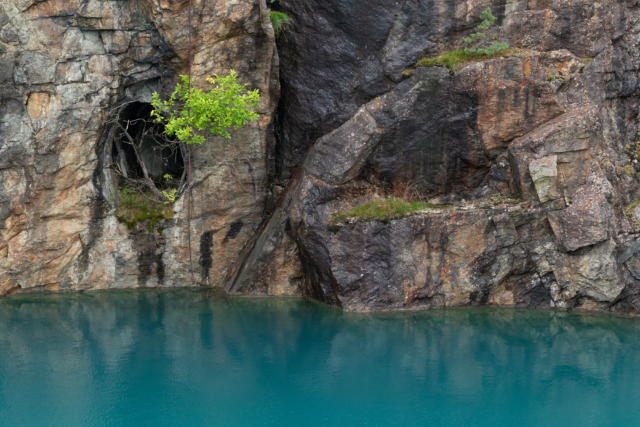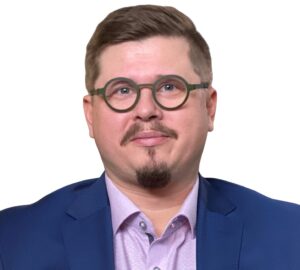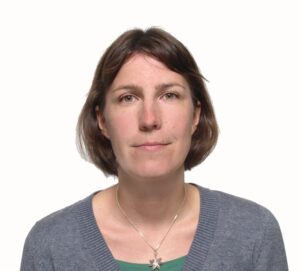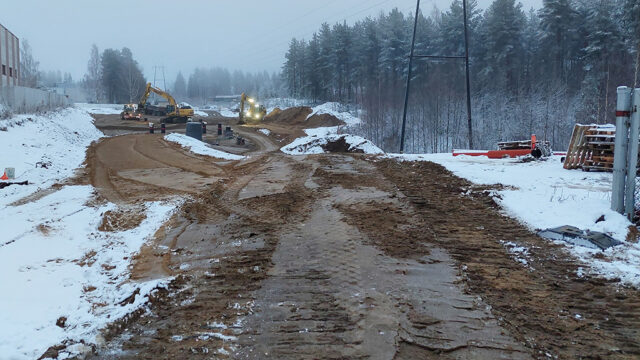
Mine Waters
Careful consideration of environmental and water issues is a prerequisite for responsible mining. Moreover, data and solutions based on mine water research promote the water management and monitoring conducted in mines. GTK studies and models the migration, quality and balance of groundwater in mines.
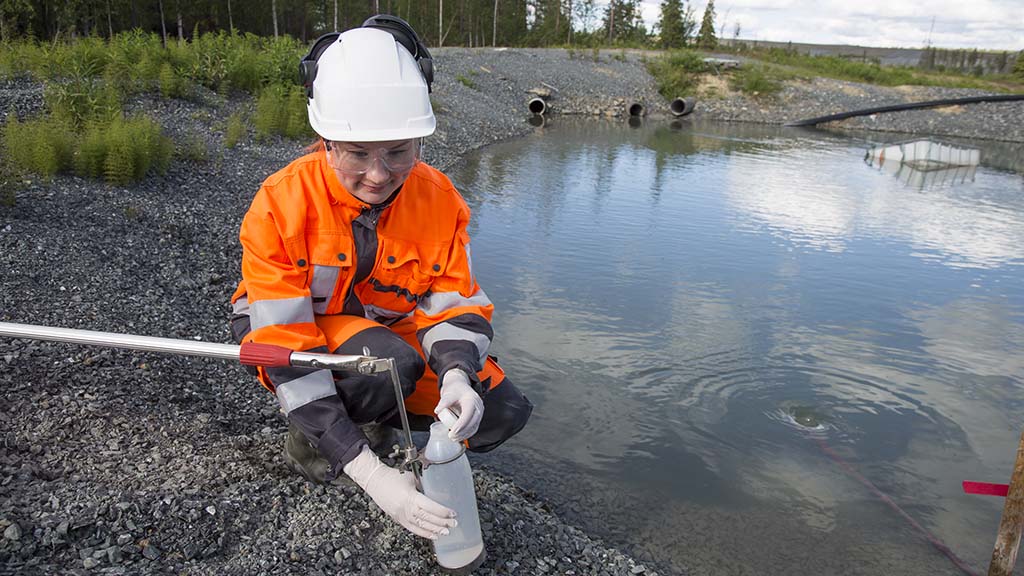
Mine water management reduces the risks of mining activities
GTK’s has a versatile selection of methods available
Mine water management is a key part of environmentally mindful mining activities
Mine water studies produce data and solutions to support water management and monitoring in mines. GTK studies the flow and balances of groundwater in the soil and bedrock, the impacts of drainage pumping in quarries on the environment, and the amount and quality of water entering the quarries.
The studies are based on existing GTK materials, geophysics, structural geology, examinations of the hydraulic properties of groundwater through groundwater pipes, drilled wells and ore prospecting boreholes, data on the chemical quality and isotopic composition of water, as well as flow and migration modelling. Moreover, research provides solutions for the planning and optimisation of monitoring.
Mine water management is a key part of environmentally mindful mining activities. However, conducting groundwater research is extremely challenging, especially in rocky areas. GTK has developed and piloted unique, yet affordable, research methods to meet this challenge.
Groundwater balance in mines
The impacts of mining on water bodies are critical in terms of the environment, society and the mining operator’s functional capacity. In the worst-case scenario, inadequately planned projects may jeopardise the continuation of the entire endeavour.
Research related to the groundwater balance of mines is a demanding field that requires in-depth knowledge of geophysics and a comprehensive research methodology that can take numerous variables into account.
GTK’s studies on groundwater balance take a stand on, among others, the following topics: the impact of drainage pumping in quarries on nearby areas, the locations of fracture zones, the stability of the quarry, management of the water recycling system, assessments of the cleaning needs, and the spreading of harmful substances.
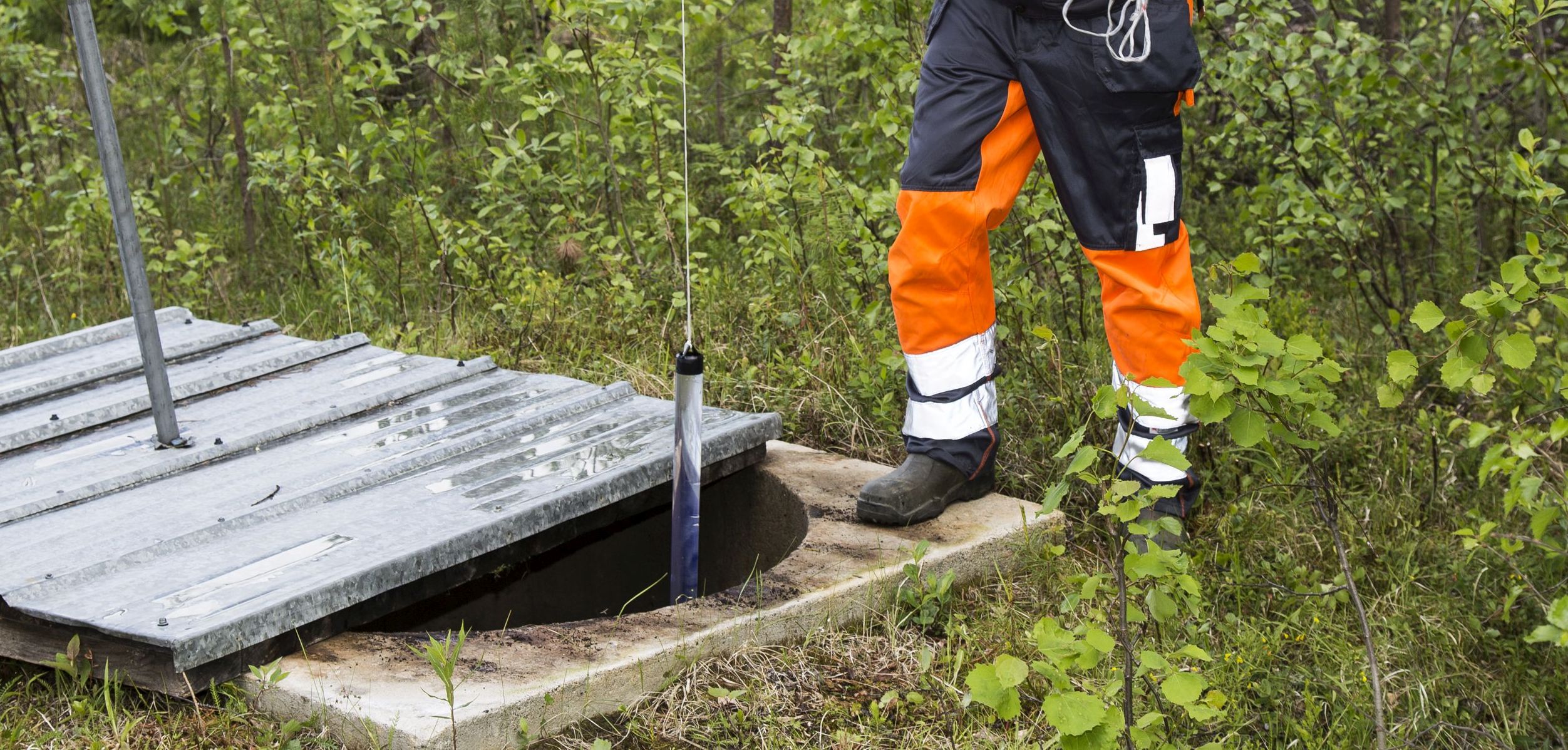
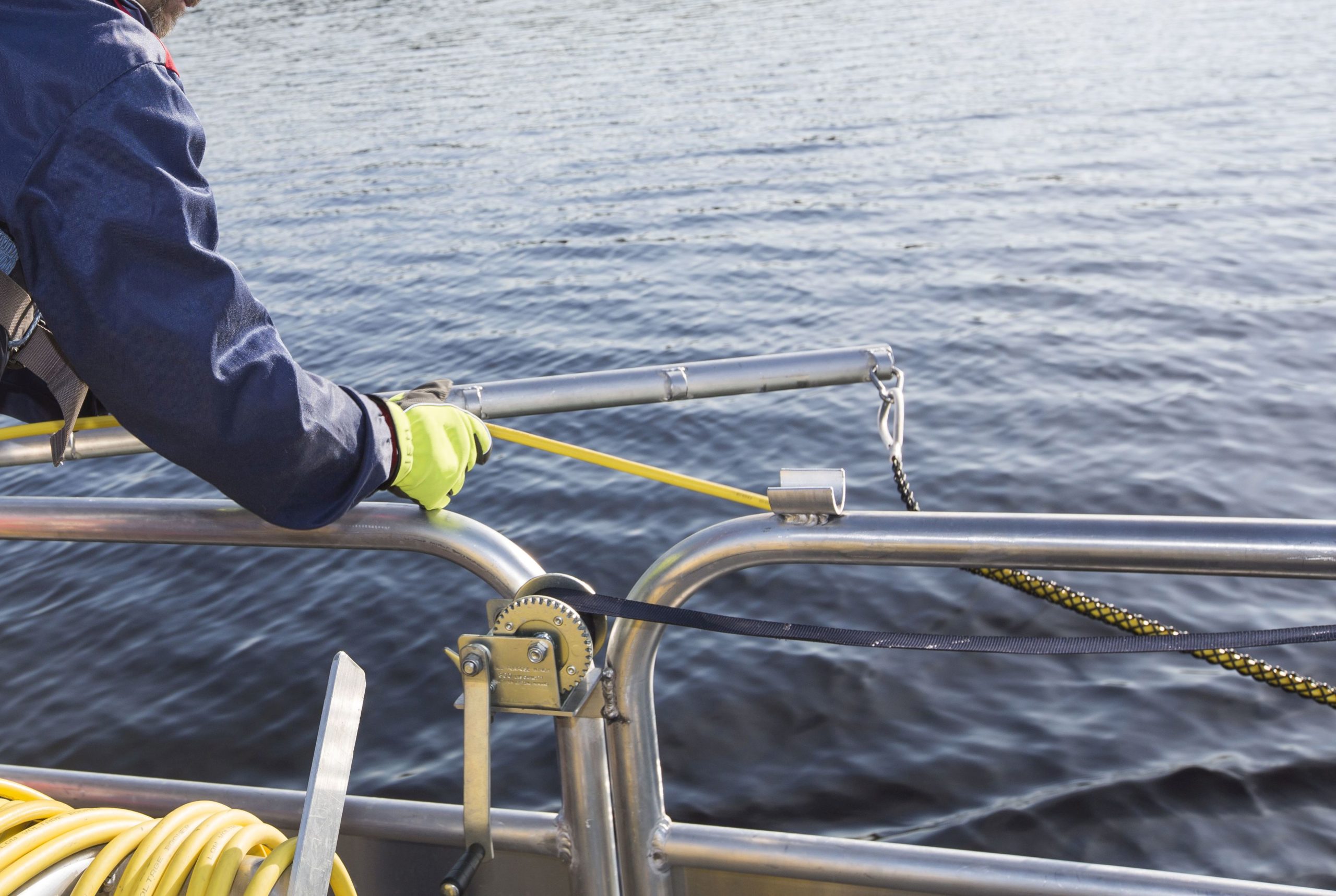
Studying the effect of anthropogenic factors on water bodies
Sediment surveys are always necessary when planning operations that might have an effect on water bodies. The need to survey sediment in water bodies is highlighted when assessing the environmental impact of a large-scale mining operation.
GTK has the largest background material reserve in Finland on the geochemical and qualitative properties of sediment in water bodies. In addition, the properties of sediment in water bodies can be tied to other soil and bedrock properties. With this information, we can conduct a comprehensive and consultative survey that will help your organisation to meet the requirements set by environmental legislation and permit processes. Thanks to this survey, our customer organisations’ employees and other stakeholders can be sure that their operations are in line with the values of sustainability.
Reactive transport modelling
The processes associated with the utilisation of natural resources cause stress on the environment. Preventive research and modelling allow us to assess the environmental load of the activities, and the information gained can be used to build and optimise a process that is environmentally sustainable.
Reactive transport modelling comprises a spatial assessment of concentrations as a time series and a study of the changes in concentrations and compounds as a function of time. The result is a comprehensive overview that includes the results of chemical and mineralogical tests, as well as their interpretations. These studies require extensive expertise, and GTK offers them as an unbiased service provider, which is unique on a global scale.
The results of reactive transport modelling are used, for example, in the selection and optimisation of water treatment methods. The information can also be used to direct equipment and construction investments to ensure that they cover potential risks that will bring extra costs if they ever materialise.
Moreover, when the risks involved in the mining project are systematically identified and minimised as early as possible, the operation is more likely to be accepted by society and the operation’s various stakeholders.
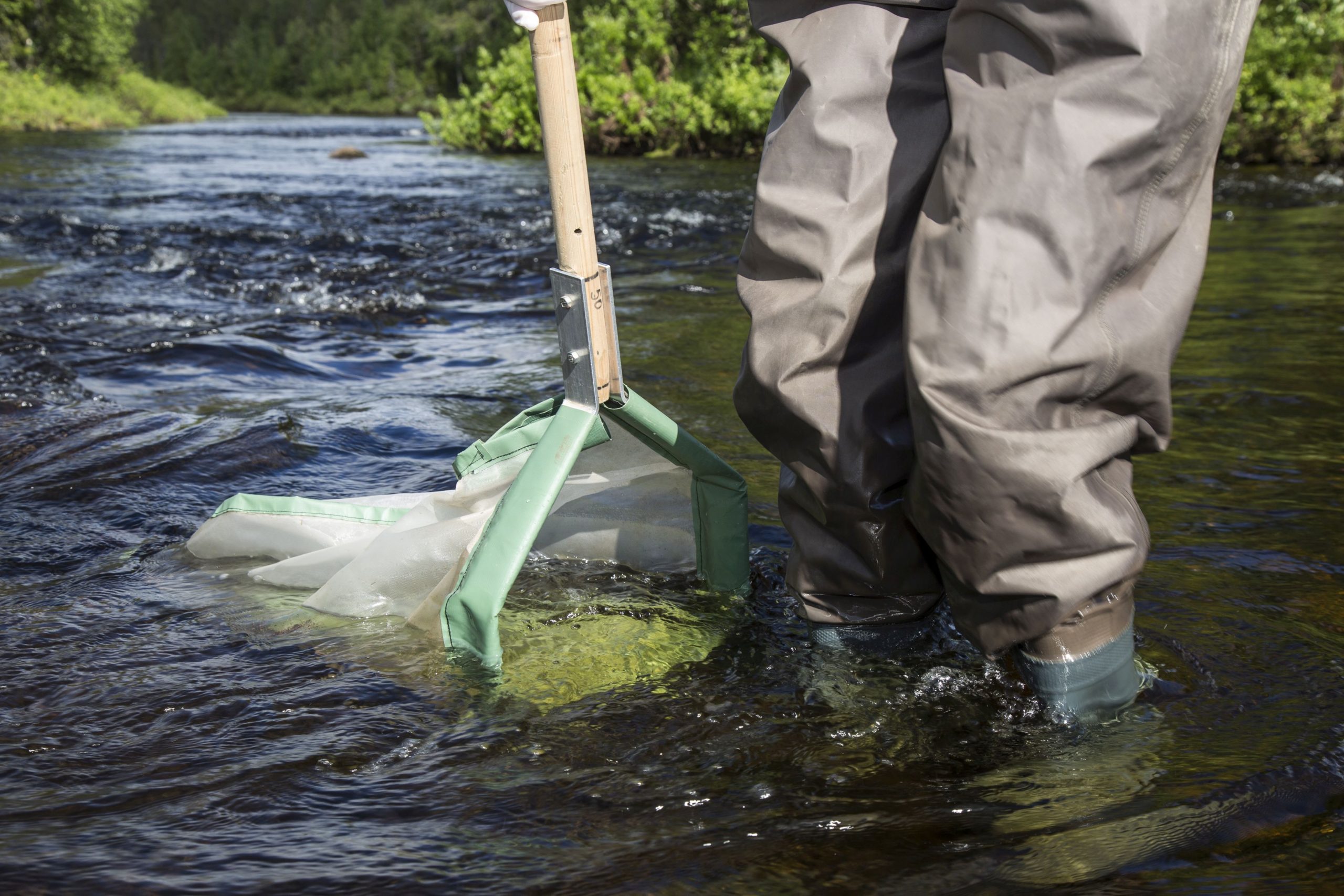
Contact us
Leave your contact information and we will get back to you.

